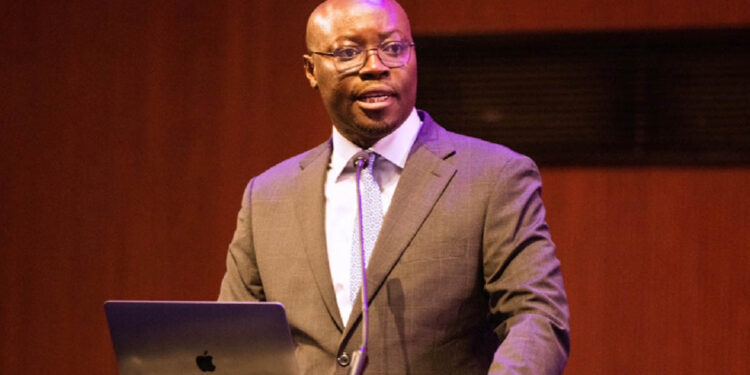Finance Minister to Present 2026 Budget on November 13
Finance Minister, Dr Ato Forson, is expected to present the 2026 Budget Statement and Economic Policy to Parliament on November 13, 2025.
The proposed date, subject to parliamentary approval, will mark the first major budget presentation of the current administration since winning the 2024 general elections and governing for nearly nine months.
Under the Public Financial Management Act (PFMA), the Finance Minister, on behalf of the President, is required to submit the national budget to Parliament no later than November 15 each year.
Broad Consultations and Focus Areas
Sources within the Finance Ministry indicate that several rounds of stakeholder engagements and industry consultations have been concluded to finalise key policies and programmes to be captured in the 2026 Budget.
Dr Forson has previously hinted that the upcoming Budget will focus on job creation and economic growth stimulation, in line with the government’s broader agenda of inclusive and sustainable development.
Tax Policy Reforms
Information available to NorvanReports suggests that the Finance Minister is expected to announce a number of tax reforms aimed at improving revenue mobilisation and reducing the cost of doing business.
According to the Commissioner-General of the Ghana Revenue Authority (GRA), Mr Anthony Sarpong, the Budget will include a review of the Value Added Tax (VAT), with the effective rate expected to decline from 22% to 20%.
The move forms part of ongoing efforts to simplify the VAT structure and make it more business-friendly.
Additionally, Dr Forson is expected to review selected tax levies, including the COVID-19 levy, to further ease the tax burden on households and businesses.
Post-IMF Outlook
With Ghana scheduled to exit the IMF programme in May 2026, the 2026 Budget is anticipated to outline the government’s strategy for post-programme economic management.
Economists and industry players are also expected to focus on how the Finance Minister intends to manage the fiscal deficit and expenditure levels while maintaining macroeconomic stability in 2026.
The 2026 Budget is, therefore, expected to be a critical policy document, shaping Ghana’s fiscal direction and economic strategy in the post-IMF period.








